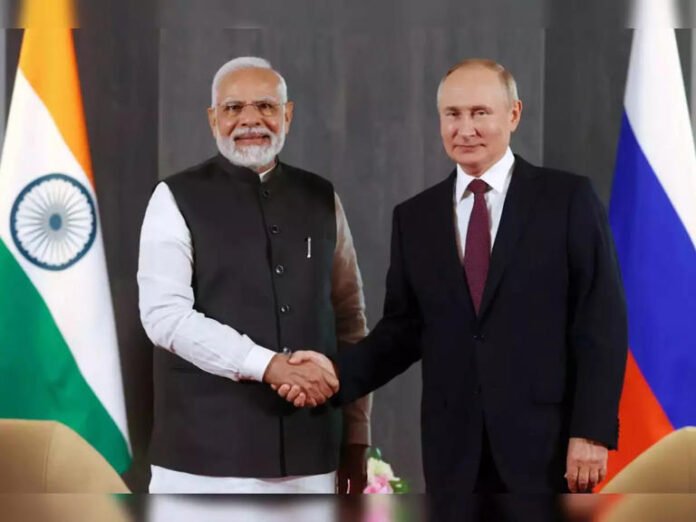Recent claims by Russia alleging US attempts to destabilize India during the Lok Sabha polls have stirred significant diplomatic ripples, shedding light on the intricate geopolitical dynamics at play in the region. According to a report, Russia has accused the United States of meddling in India’s internal affairs, suggesting a lack of understanding of Delhi’s political landscape and national psyche.
The timing of these accusations is noteworthy, coming against the backdrop of heightened tensions between global powers and a shifting geopolitical landscape. India, as the world’s largest democracy, holds immense strategic significance, and its political stability is of paramount importance not only to regional stability but also to global security.
Russia’s assertion that the US sought to undermine India’s democratic process during the Lok Sabha elections underscores the complexities of international relations in an increasingly multipolar world. While Russia and the United States have had historically divergent interests, their engagement with India reflects a delicate balance of competition and cooperation, with each vying for influence in the region.
At the heart of Russia’s claims lies a fundamental misunderstanding of India’s political dynamics and national ethos. Delhi’s mentality, shaped by a rich tapestry of history, culture, and democratic principles, is not easily swayed by external influences. India’s vibrant democracy thrives on the participation and engagement of its diverse populace, making it resilient to external interference and manipulation.
Moreover, India’s foreign policy doctrine of strategic autonomy emphasizes non-alignment and independence in decision-making, further mitigating the risks of external interference in its internal affairs. Delhi’s nuanced approach to international relations is characterized by pragmatism, diplomacy, and a commitment to safeguarding its sovereignty and national interests.
However, while India may be resilient to external pressures, the allegations put forth by Russia underscore the importance of vigilance and proactive measures to safeguard its democratic institutions and electoral processes. In an era marked by technological advancements and information warfare, the threat of foreign interference in elections is a real and pressing concern for democracies worldwide.
The allegations leveled by Russia also reflect broader geopolitical dynamics and power struggles in the Indo-Pacific region. As India emerges as a key player on the global stage, rival powers vie for influence, seeking to shape the trajectory of its foreign policy and strategic alignments. The US, in particular, has intensified its engagement with India as part of its Indo-Pacific strategy, aiming to bolster ties with a key democratic ally to counterbalance China’s growing assertiveness.
Against this backdrop, Russia’s claims serve as a reminder of the complexities and sensitivities surrounding India’s strategic partnerships and alliances. Delhi’s foreign policy calculus must navigate a delicate balance between competing interests, leveraging partnerships to advance its own national objectives while safeguarding its sovereignty and autonomy.
In response to Russia’s allegations, India has reaffirmed its commitment to maintaining the integrity of its electoral process and democratic institutions. Delhi has emphasized the importance of constructive engagement with all countries based on mutual respect, sovereignty, and non-interference in internal affairs. India’s stance underscores its principled approach to international relations and its steadfast commitment to upholding democratic values and norms.
Moving forward, it is imperative for India to remain vigilant against external attempts to undermine its democratic processes while actively engaging with the international community to address shared challenges and opportunities. Delhi’s ability to navigate the complex geopolitical landscape with pragmatism, diplomacy, and strategic foresight will be crucial in safeguarding its national interests and preserving its status as a vibrant and resilient democracy.
In addition, Russia’s claims of US attempts to destabilize India during the Lok Sabha polls underscore the intricate web of geopolitical rivalries and power dynamics in the Indo-Pacific region. While India remains resilient to external pressures, the allegations serve as a stark reminder of the importance of safeguarding democratic institutions and electoral processes against foreign interference. As India continues to assert its role on the global stage, its principled approach to international relations will be key in navigating the complexities of the evolving geopolitical landscape.

